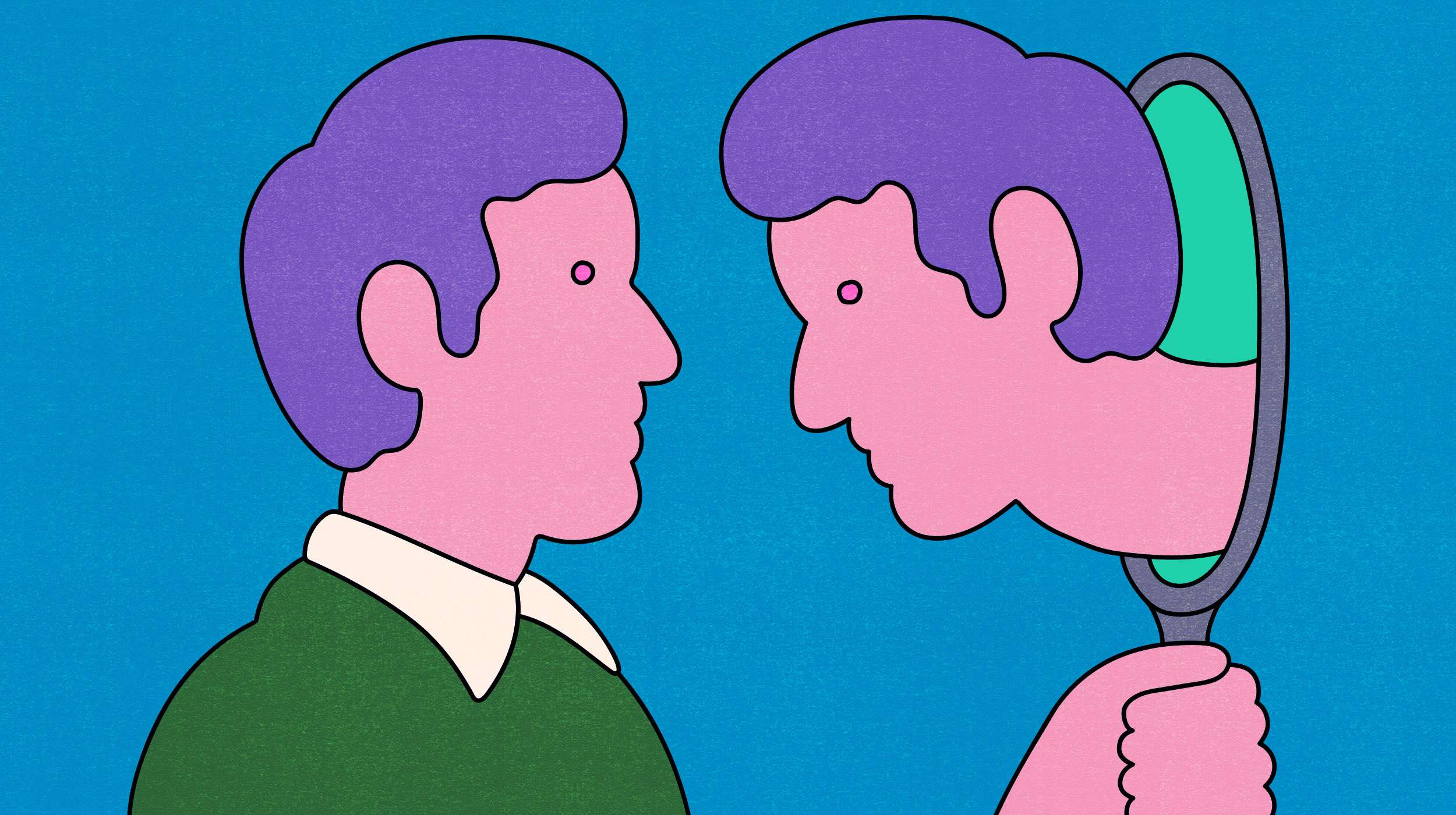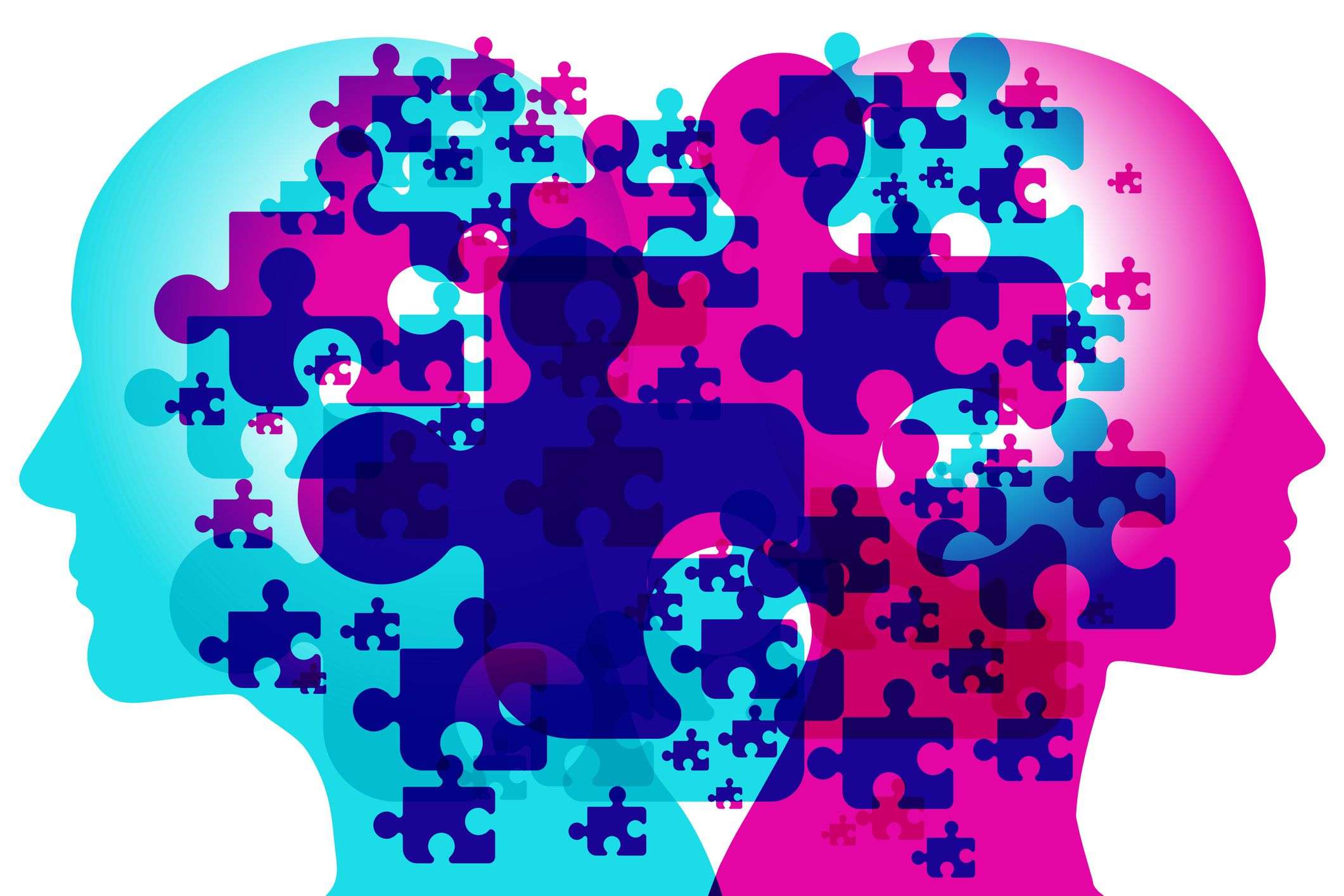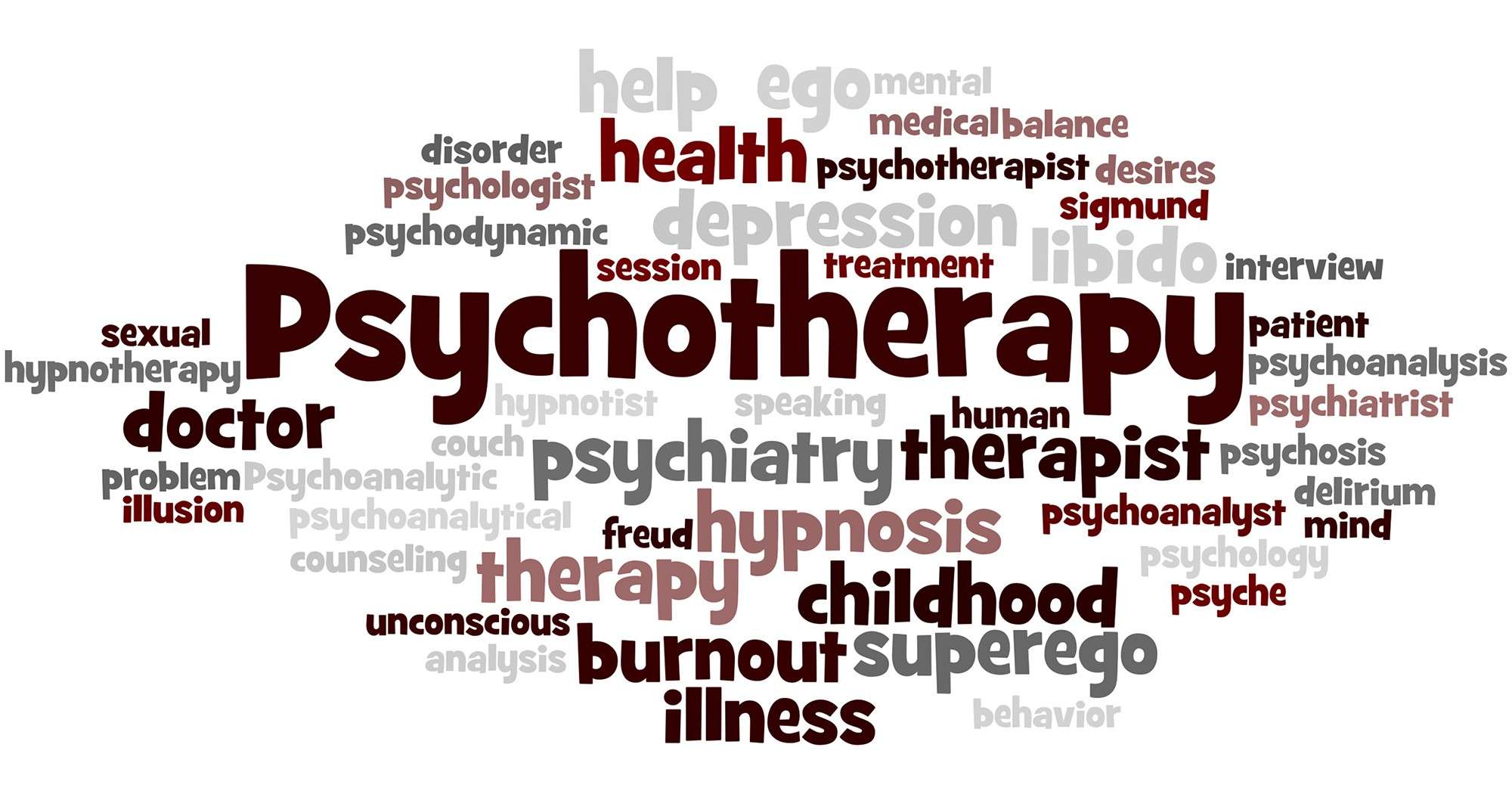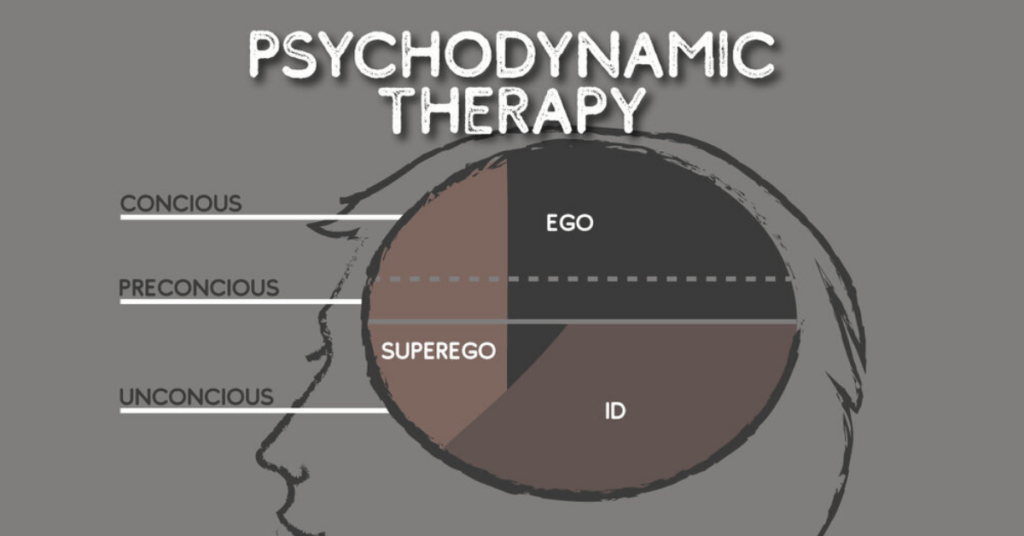If you are considering therapy, it’s important to understand the different types of counseling that are available. In this blog post, we will explore psychodynamic therapy and discuss what to expect in a typical session. Psychodynamic therapy is a type of counseling that focuses on the psychological roots of your problems. It can be helpful for people who want to understand why they feel or behave a certain way.
Contents
What Is Psychodynamic Therapy?
 Psychodynamic therapy is a therapy that is based on the idea that our thoughts, feelings, and behaviors are all connected. This type of therapy focuses on helping people understand their emotions and how they relate to others.
Psychodynamic therapy is a therapy that is based on the idea that our thoughts, feelings, and behaviors are all connected. This type of therapy focuses on helping people understand their emotions and how they relate to others.
Psychodynamic therapy can be helpful for a variety of issues, such as anxiety, depression, relationship problems, and addiction. It is often used in combination with other therapies, such as cognitive-behavioral therapy or medication.
This type of therapy also makes use of the therapist-client relationship. The therapist will help the client explore their thoughts and feelings, and will also provide support and guidance. It also makes use of techniques such as free association and dream analysis.
Psychodynamic therapy is a type of counseling that is based on the idea that our thoughts, feelings, and behaviors are all connected. This type of therapy focuses on helping people understand their emotions and how they relate to others. It can be helpful for a variety of issues, such as anxiety, depression, relationship problems, and addiction. It is often used in combination with other therapies, such as cognitive-behavioral therapy or medication.
Different Types of Psychodynamic Therapy

There are many different types of psychodynamic therapy. The most common are:
Family Psychodynamic Therapy
Family Psychodynamic therapy is one of the most common forms of psychodynamic therapy. It focuses on family relationships and how they affect the individual. It also helps to identify and resolve family conflicts.
Individual Psychodynamic Therapy
This type of therapy is focused on the individual, not their family relationships. It helps to identify and resolve personal conflicts. This therapy is often used to treat anxiety, depression, and other mental health disorders. Many people find it helpful in gaining a better understanding of themselves.
Group Psychodynamic Therapy
Group psychodynamic therapy is a type of therapy that takes place in a group setting. It helps to resolve conflicts and build relationships within the group. Group therapy can be helpful for people who have difficulty forming relationships outside of their families. It also can be helpful for people who want to learn more about themselves.
Different Techniques of Psychodynamic Therapy

There are many different techniques of psychodynamic therapy.
Free Association
This type of technique in psychodynamic therapy is when the therapist asks the patient to say whatever comes to mind, no matter how personal or embarrassing it may be. This helps the therapist understand what is going on in the patient’s subconscious and can help them address any issues that they may not have been aware of before.
Interpretation
The therapist will also interpret any symbols or dreams that the patient shares with them. This can help give the therapist a better understanding of what is going on in the patient’s life and why they are struggling. It also allows the therapist to provide guidance and support to the patient.
Dream Analysis
Dream analysis is another technique that is often used in psychodynamic therapy. This involves interpreting the symbols and meaning behind the patient’s dreams. Dreams can give insight into a person’s subconscious thoughts and feelings, so analyzing them can be very helpful in understanding why someone is struggling emotionally or mentally.
Confrontation
Confrontation is another common technique in psychodynamic therapy. This involves the therapist confronting the patient about their behavior or any issues that they may be struggling with. This can be a difficult process for both the therapist and the patient, but it can be very effective in helping the patient address and overcome their problems.
Transference
Transference is a technique that often occurs in psychodynamic therapy. This is when the patient transfers their feelings for someone else onto the therapist. For example, a patient might develop romantic feelings for their therapist or feel angry and resentful towards them. Understanding these feelings and why they are happening can be very helpful in resolving the issues that are causing them distress.
Benefits of Psychodynamic Therapy

There are many benefits of psychodynamic therapy. Some of these benefits include:
Improves Self-Awareness
Sometimes people may not be aware of their own behavior or the motives behind it. Psychodynamic therapy can help people become more self-aware, which can lead to them making changes in their lives for the better. It may also help people to understand why they react in certain ways to different situations.
Increases Insight Into Relationship Patterns
People’s relationships are often a reflection of their past experiences. Psychodynamic therapy can help people see the patterns in their relationships, and how these patterns may have been formed in childhood. This insight can be helpful in developing healthier relationships in the future.
Leads to Greater Emotional Stability
Living life can be difficult at times, and it is normal for people to experience emotions such as sadness, anger, and anxiety. However, when these emotions start to interfere with daily life, psychodynamic therapy may be able to help. Therapy can provide a safe space for people to explore their feelings and work through them in a healthy way. This can lead to greater emotional stability in the long run.
Helps Address Unconscious Thoughts
People often act or think without knowing why. Psychodynamic therapy can help people explore these unconscious thoughts and behaviors, and understand why they may be happening. This can be helpful in addressing any issues that may be causing distress in someone’s life. It may also help people to make positive changes in their lives.
Helps Address Unconscious Motives
People often do things without knowing why. Psychodynamic therapy can help people understand the unconscious motives behind their actions, which can allow them to address these motivations and make positive changes. It also helps people to understand why they may have certain feelings or reactions to different situations.
Reduces Symptoms of Depression and Anxiety
Depression and anxiety are common mental health conditions that can cause a lot of distress in someone’s life. Psychodynamic therapy has been shown to be helpful in reducing the symptoms of these conditions. This can lead to a better quality of life for people who struggle with them.
Limitations of Psychodynamic Therapy

If there are benefits of psychodynamic therapy, then there may be some limitations to it as well. Some of these are:
Time-Consuming
Psychoanalysis is a long process that may require years of treatment. This might be a limitation for people who are looking for short-term solutions. This also makes it difficult to find a qualified therapist who is willing to commit to this long-term treatment.
Money-Consuming
The cost of psychodynamics can be prohibitive for some people. The sessions are often expensive and may not be covered by insurance. Sometimes there may be a sliding scale for payment, but this is not always the case. Money can be a major limitation for people seeking treatment. Sometimes people ay need to take out loans or use their savings in order to afford therapy.
Intensive
In order to get the most out of psychodynamics, it is often necessary to go through an intensive process. This may be a limitation for some people who are not able to commit to this level of treatment.
Requires Trust
A person must be able to trust their therapist in order for psychodynamics to be effective. Furthermore, this can be difficult if there is a history of trauma or abuse. Building trust can take time and may not be possible in all cases. It may be necessary to find a therapist who is a good fit for you in order to make this process successful.
Confidentiality
The therapist-patient relationship is confidential. This means that whatever is discussed in therapy cannot be revealed to anyone else without the patient’s consent. This can be a limitation for people who want to share their experiences with friends or family members. It also makes it difficult for therapists to get help from other professionals when treating a patient. It may be necessary to find a therapist who you feel comfortable talking to about these issues.
Alternatives of Psychodynamic Therapy

There are many alternatives to psychodynamic therapy that are available to people. Some of these therapies focus on different techniques, while others emphasize different areas of treatment. Some of these alternatives are:
Cognitive Behavioral Therapy
One alternative is cognitive-behavioral therapy (CBT), which focuses on how a person’s thoughts and beliefs affect their emotions and behavior. CBT aims to help people change the way they think in order to improve their moods and overall well-being. This type of therapy is often short-term and can be helpful for people who are struggling with specific problems or issues. People may use this therapy in combination with psychodynamic therapy. One can also use this combination with medications as well.
Interpersonal Therapy
Another alternative is interpersonal therapy (IPT), which focuses on the relationships a person has with others. IPT helps people explore their relationships, identify any problem areas, and work on improving these relationships. This type of therapy can be helpful for people who are struggling with depression or other mood disorders.
Mindfulness-Based Therapies
Mindfulness-based therapies are another alternative to psychodynamic therapy. These therapies teach people how to focus on the present moment and accept their thoughts and feelings without judgment. Furthermore, mindfulness-based therapies can be helpful for people who are struggling with stress, anxiety, or depression
Conclusion
Psychodynamic therapy can be an incredibly effective means of treatment for a variety of mental health conditions. It can help people to understand the root causes of their issues and work through them in a safe, supportive environment. However, if you are considering this type of therapy, it is important to do your research. You can also find a therapist who is right for you. You may consider us for psychodynamic therapy.
If you are interested in learning more about psychodynamic therapy, please visit our website or give us a call. We would be happy to answer any of your questions and help you get started on the path to healing.
A Word From Therapy Mantra
Your mental health — Your psychological, emotional, and social well-being — has an impact on every aspect of your life. Positive mental health essentially allows you to effectively deal with life’s everyday challenges.
At TherapyMantra, we have a team of therapists who provide affordable online therapy to assist you with issues such as depression, anxiety, stress, workplace Issues, addiction, relationship, OCD, LGBTQ, and PTSD. You can book a free therapy or download our free Android or iOS app.


